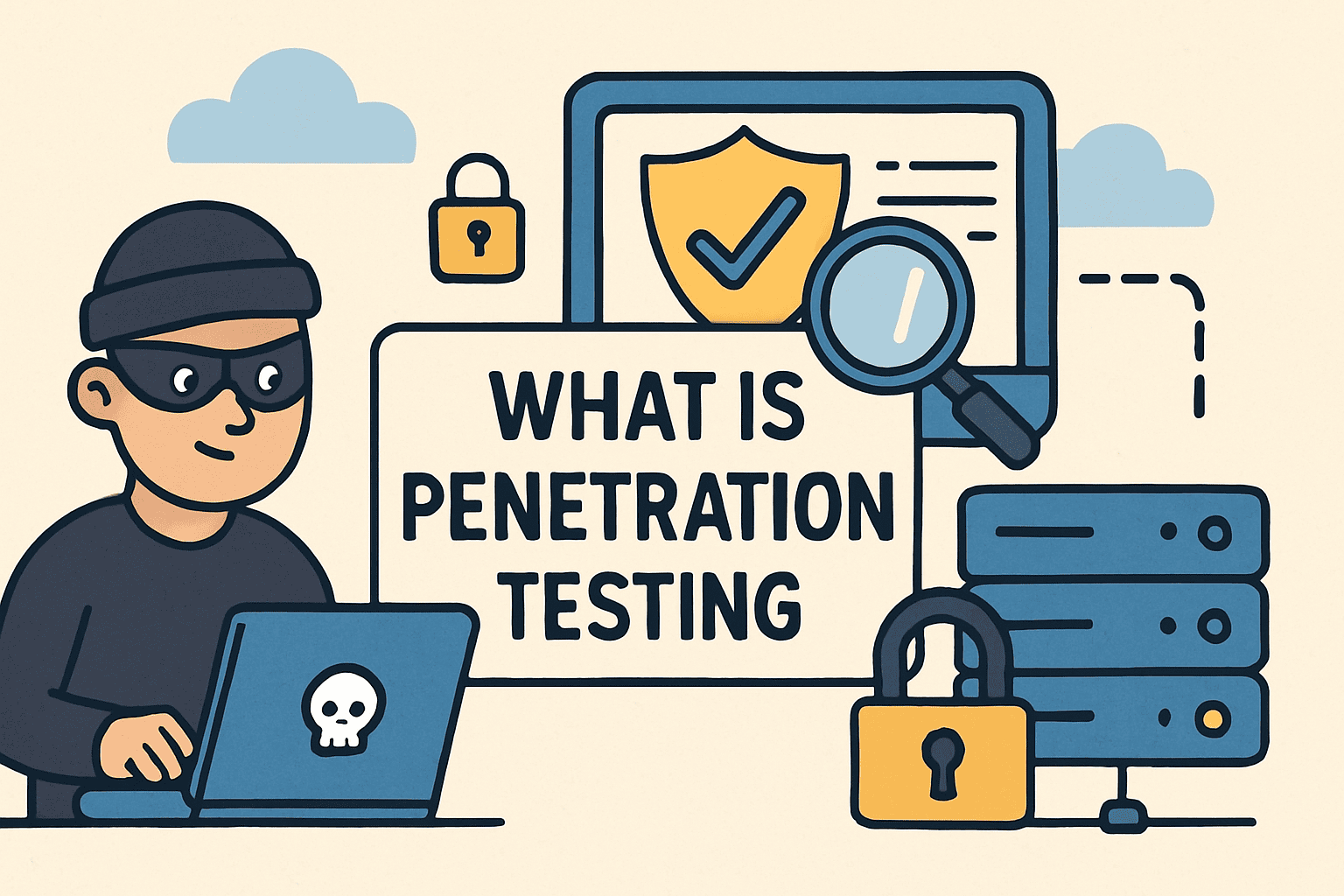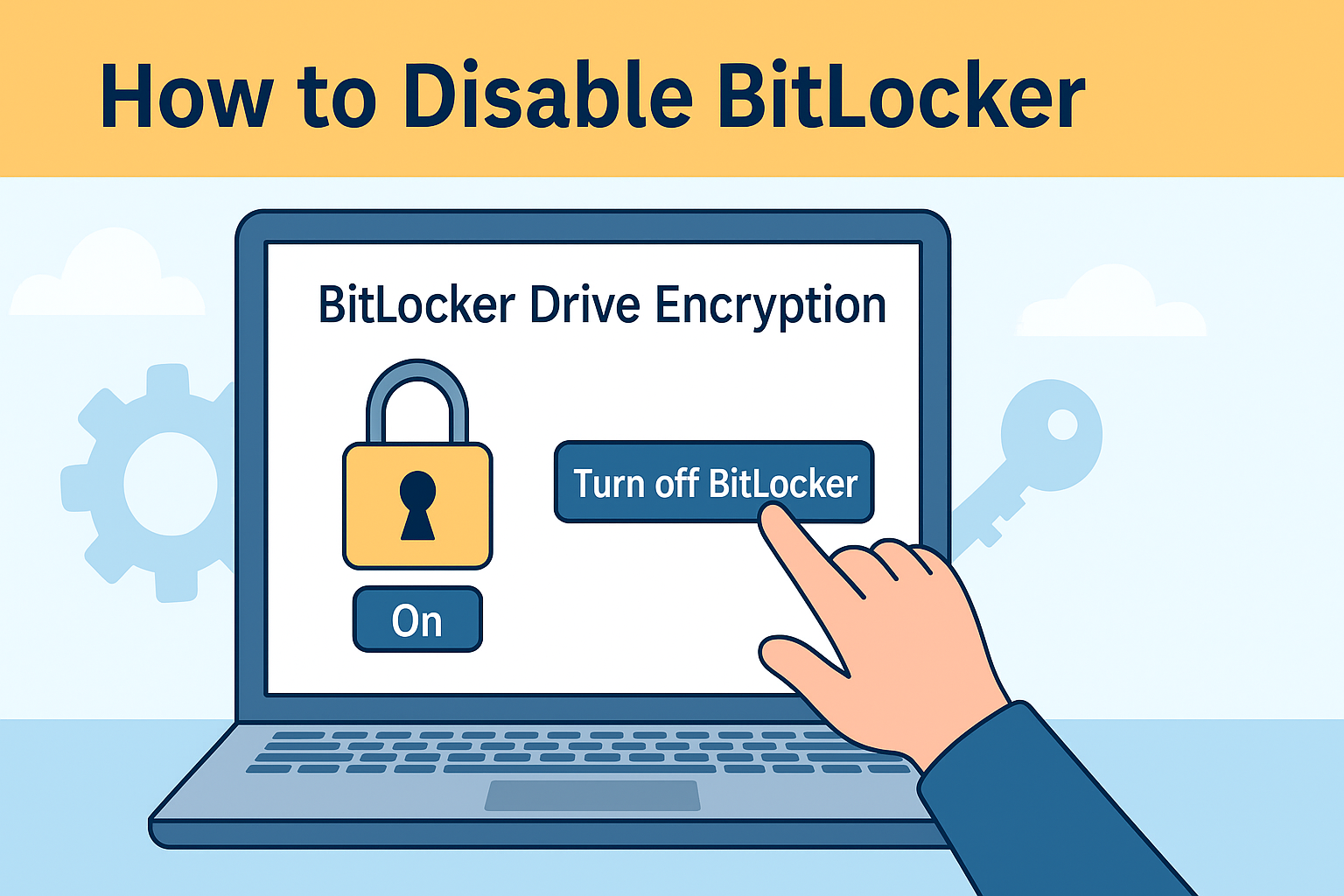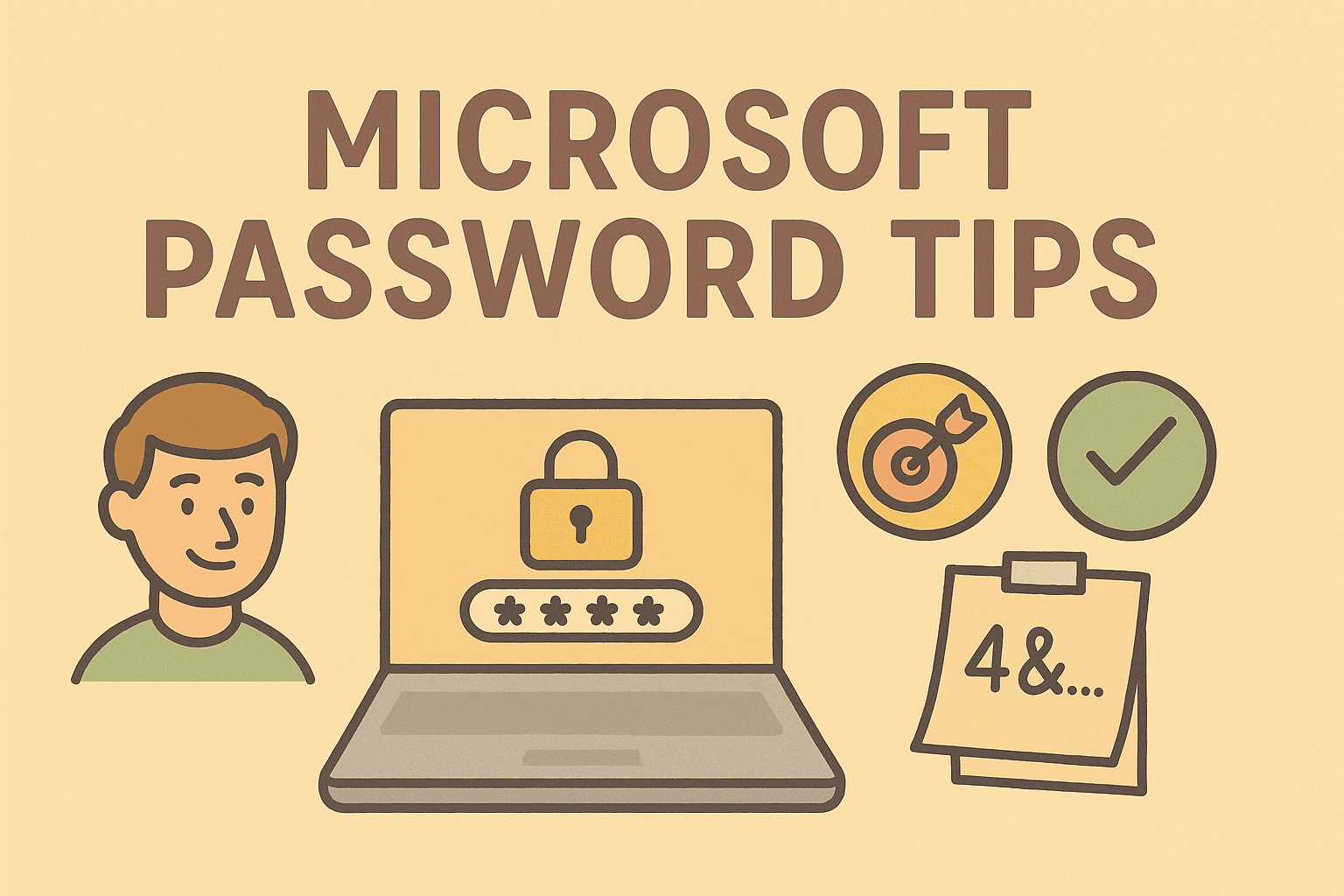Is the Deep Web Really Dangerous?
Updated on July 21, 2025, by ITarian

Curious about how to enter deep web and whether it’s safe? You’re not alone. Over 96% of the internet lies beneath the surface web, hidden from regular search engines like Google or Bing. For IT managers, cybersecurity experts, and tech enthusiasts, understanding the deep web is essential—not just for curiosity but for data access, research, and privacy.
In this detailed guide, we’ll cover how to access deep web safely, the differences between deep web vs dark web, recommend the best deep web browsers, and explain safety best practices.
What is the Deep Web?
The deep web refers to portions of the internet not indexed by standard search engines. This includes everything from academic databases to medical records, government resources, and confidential corporate documents stored behind login credentials.
✅ Important Note: The deep web is legal and safe, unlike the dark web, which is associated with illegal activities.
Examples of Deep Web Content:
- Email inboxes (e.g., Gmail, Outlook)
- Online banking portals
- Corporate intranets
- Subscription-based academic journals
- Secure cloud storage files
How to Enter Deep Web: Step-by-Step Guide
Learning how to enter deep web is straightforward when you know where to look and how to access it securely.
Step 1: Use Direct URLs or Logins
- Deep web resources like online portals, databases, and cloud services are accessed directly through login pages or secure links.
Step 2: Install Privacy-Focused Browsers
- Regular browsers (Chrome, Firefox) can access many deep web sites after logging in, but for better privacy, use secure browsers like Tor.
Step 3: Connect Securely
- Use VPN (Virtual Private Network) to anonymize your IP address before accessing sensitive deep web resources.
Step 4: Avoid Clicking Suspicious Links
- Even within legitimate deep web sites, phishing links may appear. Stay cautious and follow cybersecurity hygiene.
✅ Pro Tip: For corporate environments, consider Zero Trust access policies to further secure sensitive deep web portals.
How to Access Deep Web Safely
Accessing the deep web isn’t dangerous if you follow cybersecurity best practices. Here’s how to access deep web safely:
Essential Safety Tips:
- 🛡️ Use a VPN: Protect your IP address and location.
- 🔐 Enable Multi-Factor Authentication (MFA): Add an extra layer of security when logging in.
- 🚨 Keep Browsers Updated: Security patches prevent exploitation.
- ⚠️ Avoid Unknown Links: Stick to trusted, secure URLs.
- 👨💻 Use Encrypted Networks: Always use HTTPS connections and avoid public Wi-Fi.
✅ Reminder: The deep web itself isn’t illegal, but carelessness in access can expose you to threats like phishing or credential theft.
Deep Web vs Dark Web: Key Differences Explained
Understanding deep web vs dark web helps you separate facts from myths.
| Feature | Deep Web | Dark Web |
| Legality | 100% legal (private data access) | Legal to access, but associated with illegal markets |
| Access | Login credentials, secure links | Special browsers like Tor, .onion sites |
| Examples | Email, bank accounts, academic sites | Darknet markets, unlisted forums |
| Purpose | Privacy, secured data storage | Anonymous browsing, sometimes illicit activity |
| Visibility | Not indexed by search engines | Hidden and encrypted networks |
✅ Conclusion: The deep web supports privacy and security, while the dark web is a small, anonymous part of the deep web often misrepresented in media.
Best Deep Web Browsers for Safe Access
If you want extra privacy or need to access restricted areas, here are the best deep web browsers:
1. Tor Browser
- Accesses both deep web and dark web (.onion sites).
- Built-in privacy protections.
- Free and open-source.
2. Brave Browser
- Blocks trackers and ads by default.
- Built-in Tor window for private browsing.
3. Firefox with Privacy Extensions
- Enhanced with privacy-focused add-ons (uBlock Origin, HTTPS Everywhere).
- Suitable for accessing secure portals without tracking.
4. I2P Browser
- Focused on anonymous communication within private networks.
- Suitable for specialized privacy-focused use cases.
✅ Expert Advice: For casual deep web access (banking, work intranets), regular browsers suffice. For enhanced privacy, Tor is recommended.
Legal and Ethical Considerations
- ✅ Deep Web: Fully legal for secure information access (work accounts, research databases).
- ⚠️ Dark Web: Browsing is legal, but engaging in illegal transactions is a crime.
- 💡 Best Practice: Always comply with your organization’s security policies when accessing private networks.
FAQs About Entering Deep Web
1. Is it safe to enter the deep web?
Yes, the deep web is safe and legal when accessing legitimate resources like your bank or email.
2. Can I access the deep web without Tor?
Absolutely. Regular browsers access much of the deep web, especially sites behind logins.
3. What should I avoid on the deep web?
Avoid phishing links, unknown files, and suspicious login portals to prevent security risks.
4. Is accessing dark web the same as deep web?
No, the dark web is a hidden part of the deep web, typically accessed via Tor and associated with anonymous activities.
5. Do I need a VPN for the deep web?
It’s highly recommended for privacy, especially when handling sensitive corporate or personal information.
Final Thoughts: Navigate the Deep Web with Confidence
Now you know how to enter deep web safely, the key differences between deep web vs dark web, and which best deep web browsers to use. Whether for professional or personal use, accessing the deep web responsibly ensures privacy, security, and efficiency.
✅ Take Action: Ready to elevate your cybersecurity strategy? Protect your digital activities with Itarian’s enterprise-grade cybersecurity solutions. Sign up here and take control of your online security today.














